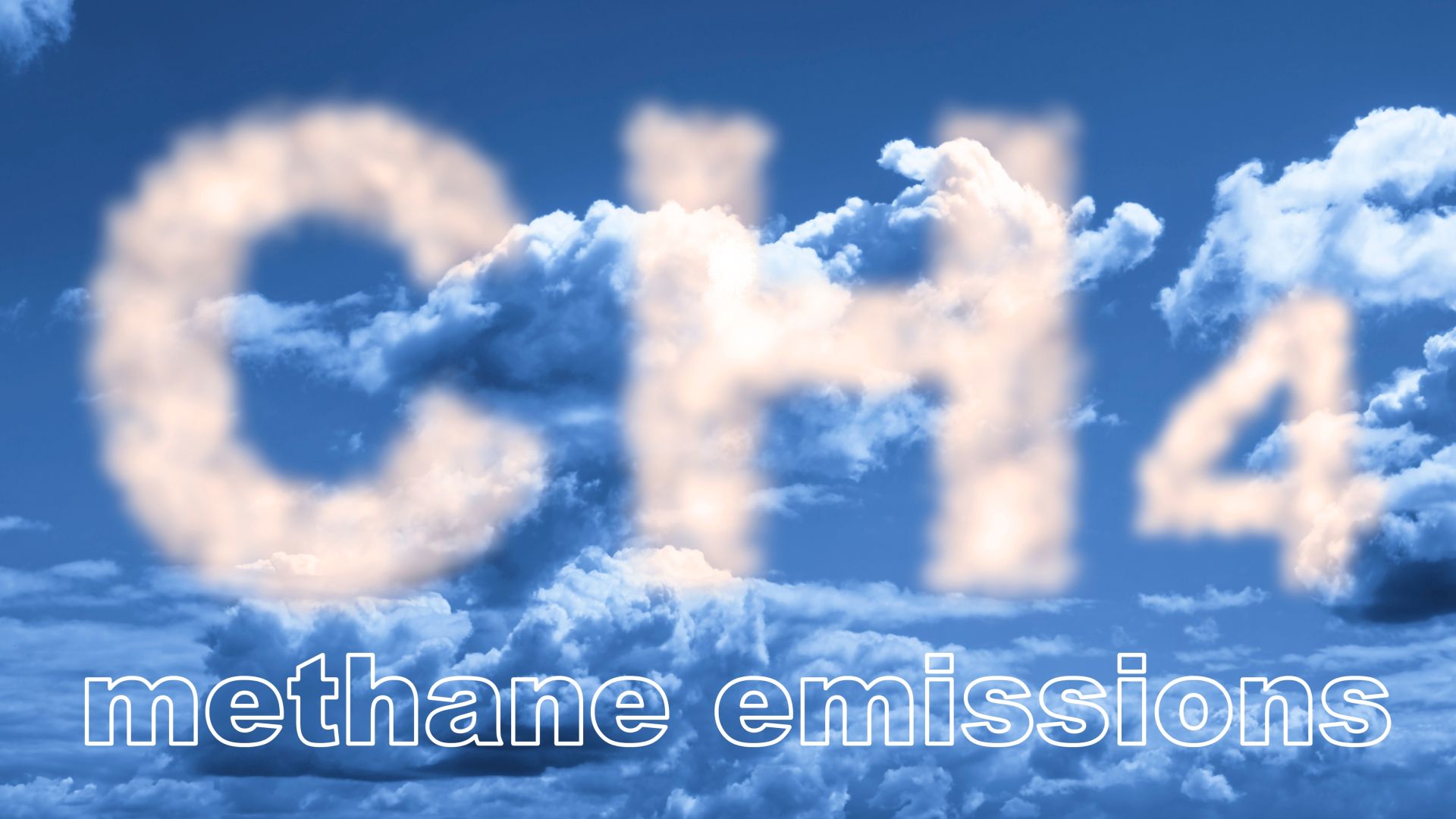In today’s plenary vote in the European Parliament on the EU methane emission reduction regulation, the Socialists and Democrats built a majority in securing the adoption of the new EU legislation. This aims at decreasing considerably the amount of methane emissions into the atmosphere by 2030 and strengthening control over them. Methane is the second-most harmful gas after carbon dioxide and contributes significantly to the climate emergency. Among the main achievements of the S&D Group is the improvement of the European Commission’s proposal, by adding stronger requirements for importers of fossil fuels to the EU.
Jens Geier, S&D negotiator for the committee on industry, research and energy, said:
“Let’s be clear: as long as we extract fossil fuels, we must deal with methane. Phasing out fossil fuels remains the best climate protection. Extracting and burning methane is a second-best option, but we must decisively halt uncontrolled methane leaks. Many of the methane emissions come from the energy sector. Our Group is proud that we succeeded in imposing much better and applicable requirements for the reduction of methane, including when it comes to imported fossil fuels, since the EU imports 70% of hard coal, 97% of oil and 90% of fossil gas. In order to achieve this, we had to convince the European Commission, member states, and other political groups in this house and we are happy we made it.
“The new EU methane regulation will cover the entire production and transmission chain, addressing methane leaks in the energy sector. We managed to strengthen measures when it comes to worker safety and the security of supply. As far as inactive coal mining is concerned, we included provisions in the regulation that consider the experience EU member states already have with the reduction of methane emissions. For active mining, we have modified the methane reduction requirements in order to achieve a just transition for employees.”
Günther Sidl, S&D negotiator for the committee on environment, public health and food safety, said:
“In order to get closer to a way out of the climate emergency we live in, we must reduce methane emissions. This gas is over 80 times more harmful than CO2 and therefore every measure on methane is 80 times more effective.
“We are happy that we achieved one of our top priorities in this legislative file – the implementation of a strict methane detection and reporting system for operators. Currently, 53% of agriculture, 26% of waste and wastewater, and 19% of the energy sector in the EU are responsible for methane emissions. By properly addressing this issue, we will also boost our research and development sector. We count on innovations and the inclusion of state-of-the-art technology for methane detection, allowing for continuous monitoring solutions together with the existing Leak Detection and Repair (LDAR) methods.
“The new regulation will enter into force this year and we expect tangible results by 2030. In order to make sure we are moving on the right track, the regulation will be reviewed in 2028.”












